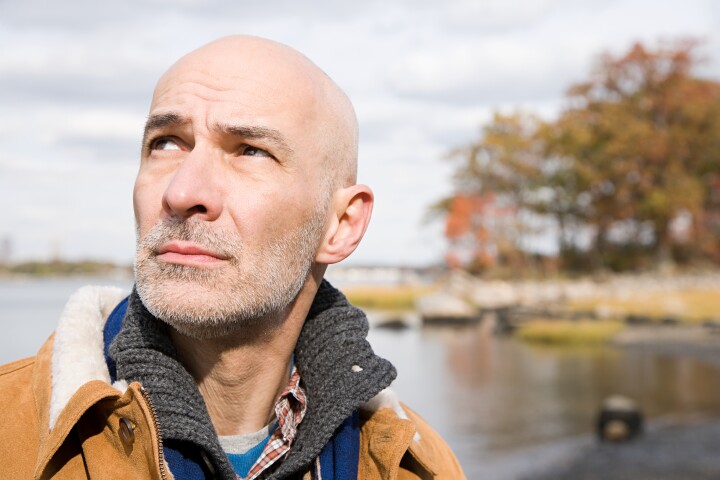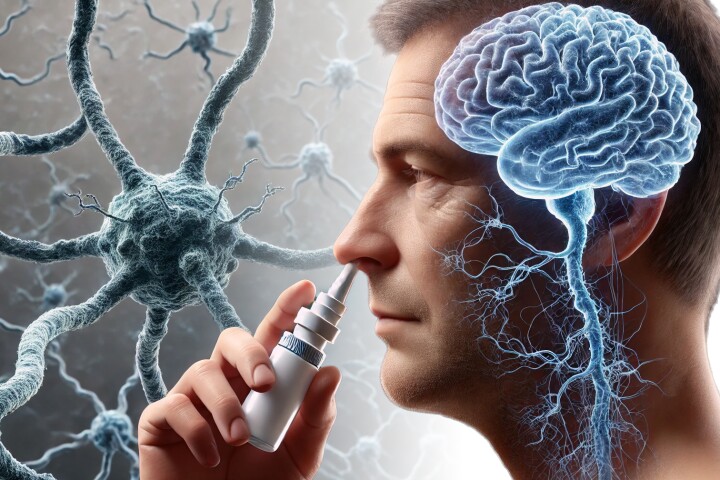The quest for longer and healthier life, if not immortality, has been part of the human experience since we evolved the ability to recognize the total annihilation of individual death. Our understanding of the biology of aging at the molecular level is advancing so rapidly that it appears inevitable that another decade or two of life will be enabled before long. A new step in what may be the right direction has just been published by researchers at the University of California, Berkeley.
The ravages of aging appear to be related to oxidative stress combined with telomere exhaustion, along with many other known and unknown factors. The subject of the new Berkeley study is a class of proteins called sirtuins that are known to play a central role in regulating aging and longevity in many non-human models (such as mice).
There is good evidence that these proteins also play a similar role in humans. For example, research has shown that, of two variants of the SIRT3 sirtuin protein (known to have strong anti-oxidant properties), humans who live past 90 years of age only have one of the variants in their bodies, the variant that enhances production of SIRT3. The difference between the two variants results from a change of one gene by one mutation, and appears to be sufficient to significantly affect an organism's longevity. This suggests a strong link between SIRT3 and longevity.
The genetics of longevity are quite interesting, but still more interesting would be finding an approach to offset the hand you were dealt at birth, or better yet, to stack the deck. The authors of the Berkeley study decided to see if SIRT3 could rejuvenate blood stem cells extracted from old mice.
Their first step was to see what happened as mice, which did not possess the SIRT3 gene, aged. When young, these "knockout" mice followed the same course of aging as did a set of normal control mice. However, when the mice were two years old (about an average lifespan for a lab mouse), the knockout mice had far fewer blood stem cells than did the control group.
What causes the difference in the course of aging? Young cells have low levels of oxidative stress (the generation of reactive oxygen species during metabolism), low enough that the body's normal anti-oxidants can keep up with the resulting damage. When they get older, they can't keep up, and need a boost of SIRT3 to help them. When there is no SIRT3, the progress of old age occurs sooner and more rapidly.
“When we get older, our system doesn’t work as well, and we either generate more oxidative stress or we can’t remove it as well, so levels build up,” said Chen. “Under this condition, our normal anti-oxidative system can’t take care of us, so that’s when we need SIRT3 to kick in to boost the anti-oxidant system. However, SIRT3 levels also drop with age, so over time, the system is overwhelmed.”
So it appears that age-related degeneration speeds up in the absence of SIRT3 in the system – at least among mice. The Berkeley team decided to see if increasing SIRT3 levels could rehabilitate the blood stem cells. This was done by infusing the blood stem cells with the SIRT3 protein, following which their ability to make new blood cells did indeed return.
Further studies will address if SIRT3-induced rejuvenation will apply to whole organisms, so that they might live longer when so treated, even after experiencing normal aging events.




